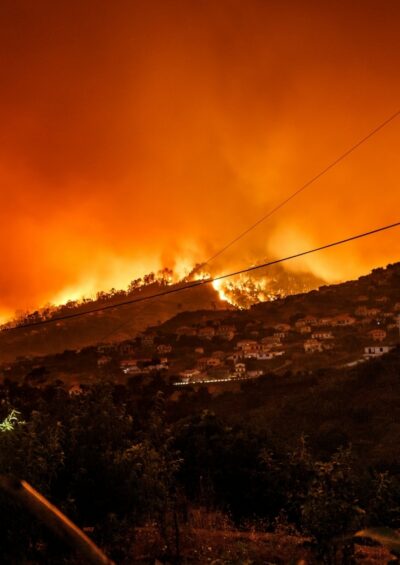Publications
Share


Reports
Report finds that heat extremes are projected to rise significantly across German cities this century, with levels strongly determined by global climate change mitigation efforts. The report highlights on seven urban areas: Berlin, Frankfurt am Main (Frankfurt a. M.), Cologne, Düsseldorf, Munich, Leipzig, and Hamburg.

Reports
Carbon stored in coastal and marine ecosystems, such as mangroves, salt marshes, and seagrass meadows (blue carbon) is viewed as a potential bridge between mitigation, adaptation, and climate finance. However, as this brief explores, the viability of blue carbon as a mitigation option is questionable due to the fragility of these systems and the use of blue carbon as offsets counterproductive.

Peer-reviewed Papers
As climate change continues to accelerate, its multifaceted impacts will affect societies across the globe in increasingly complex and uneven ways. This study provides a comprehensive assessment of how socioeconomic factors interact with climate vulnerability up to the year 2100.

Briefings
This briefing provides a comprehensive overview of what the science is saying now about the 1.5°C warming limit – what it means, what is at stake, and what actions are needed to limit the risks of overshoot and safeguard a liveable future.

Peer-reviewed Papers
New perspective piece argues climate overshoot – the temporary exceedance of the 1.5°C limit of the Paris Agreement – may not be relevant for short-term adaptation planning, but it should be considered for long-term plans and policies, such as infrastructure-based measures and for irreversible impacts such as sea-level rise.
